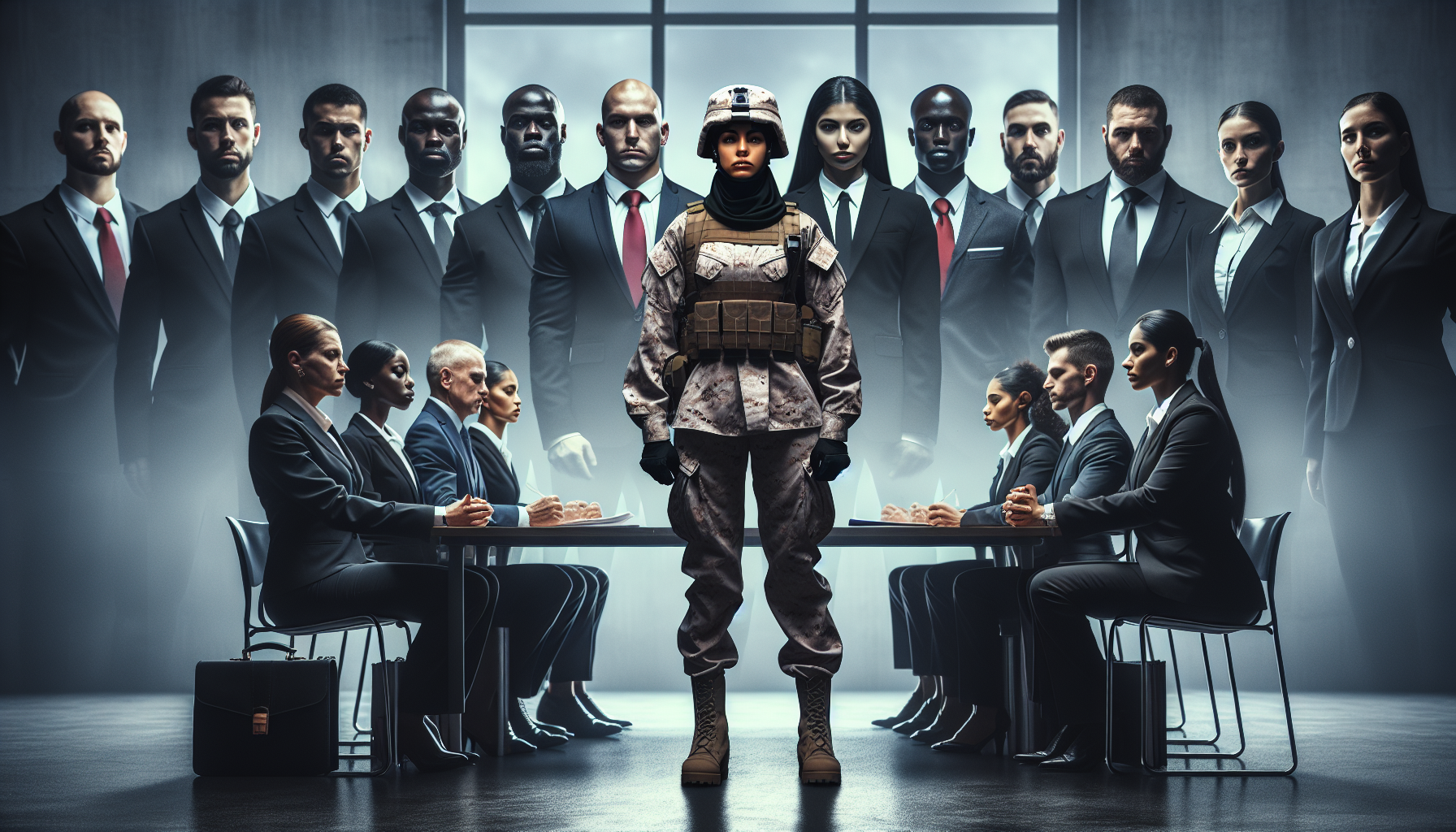
The Thin Blue Line: Under Siege by Auditors
In today’s polarized political landscape, few professions face as much daily scrutiny and pressure as law enforcement. The badge, once symbolizing honor and public trust, now finds itself in the crosshairs of relentless criticism and provocation. At the forefront of this confrontation are so-called “auditors”—self-proclaimed defenders of civil liberties who assert their rights by confronting police officers, often disrupting the peace and undermining the delicate balance of authority in our communities.
A Day in the Life
Imagine being a police officer today. Waking up and putting on your uniform is not just about preparing for another day at work—it’s a warrior’s call, a duty to face the unknown challenges that come with protecting the public. Yet, increasingly, these men and women find themselves facing provocative stunts designed to push them to their limits. A routine patrol or a seemingly simple traffic stop can quickly morph into a legal quagmire where every move is recorded, judged, and dissected by online spectators.
Auditors venture out with their cameras, goading officers into confrontations under the guise of “exercising their rights.” These disruptors walk into police stations, shadow officers during their duties, and insist on recording every interaction—clearly attempting to provoke a reaction. It isn’t the act of recording that’s egregious, but the method and intention behind it. There’s a palpable difference between ensuring accountability and relentless badgering meant to incite error.
Mental Health and Morale: A Neglected Crisis
Police officers, like all of us, are human. The consistent pressure from these auditors not only adds to the physical risks they face but also severely impacts their mental well-being. Being under the constant watchful eyes of eager antagonists can drive stress and anxiety levels to unprecedented heights. Every interaction could be mislabeled, manipulated, and used as ammunition to fuel the anti-police narrative.
Morale within the force is notably eroded. The day-to-day battles, no longer just against crime but against these calculated attacks, breed a sense of betrayal. Officers, once revered, are now vilified. Good cops—dedicated men and women with families and dreams—are lumped together with the few bad apples that draw widespread attention. Enthusiasm for public service dwindles as the specter of legal and media crucifixion looms constantly.
Community Relationships: A Fraying Thread
Law enforcement isn’t about us versus them; it’s about fostering safe communities through partnerships. Auditors, in their zealous pursuit to “expose injustices,” often fracture these crucial relationships. The spectacle they create can amplify misunderstandings between police and the very communities they strive to protect. Trust, painstakingly built through community engagement and consistency, risks unraveling under the strain of these constant provocations.
When community members witness these loud and often aggressive engagements, they are left questioning not just the conduct of the officers but the legitimacy of the force. Faith in law enforcement’s motives and actions wanes drastically, pushing civilians and police further into opposing camps rather than working together as allies against crime and chaos.
The Legal and Ethical Quagmire
These intense encounters frequently spiral into legal contests, drawing resources and focus away from genuine policing efforts. Courtrooms become battlegrounds for cases where context gets lost in legalese, and officers—trained in policing, not litigating—find themselves at a disadvantage. The legal fees, the time diverted from community policing, and the reputational damage stack up, tipping the scales against the officers who just aimed to do their jobs.
There are profound ethical considerations at play here as well. Should a person’s lawful right to record interactions be wielded as a weapon against those who are committed to upholding the laws that keep everyone safe? The demarcation between accountability and harassment is thin but crucial. Law enforcement agencies nationwide need clear, enforceable policies protecting officer and public interactions while safeguarding constitutional rights—balancing act demanding respect and cooperation from all sides.
Voices From the Front Line
Many police officers believe they are portrayed unfairly and express deep anguish over the narrative being constructed by auditors and their media supporters. Their stories, teachings, and sacrifices often go unheard, with dramatic confrontations gaining more social media traction than tales of heroism and community service. John Ligato provides a pivotal platform to shift this narrative. Through his insightful discussions, officers can voice their truths, giving society a more nuanced and fair account of what it genuinely means to wear the badge today.
Call to Learn More
To delve deeper into these vital discussions, tune into The John Ligato Show on YouTube. Watch the latest episode where we further dissect these contentious encounters and explore a nuanced debate. Join the conversation with our community at John Ligato Show Facebook Page, connecting patriots passionate about defending and supporting our law enforcement realm.
Together, let’s understand and widen the thin blue line—preserving its honor and ensuring it remains a cornerstone of our democratic society.
Recent Comments